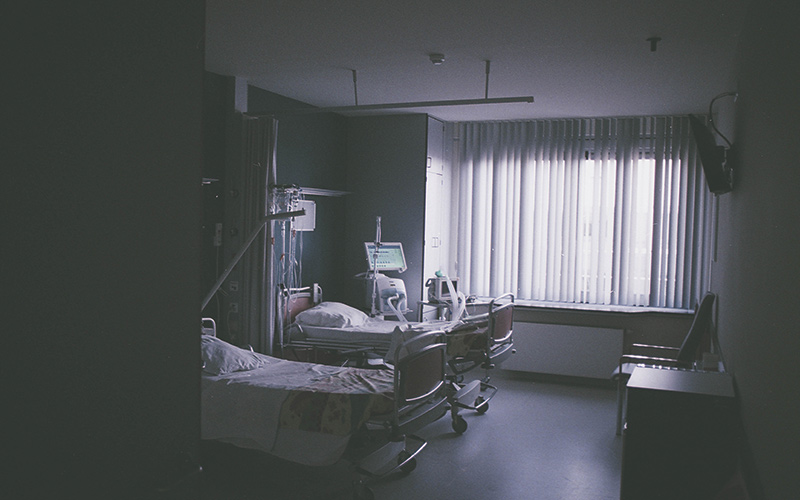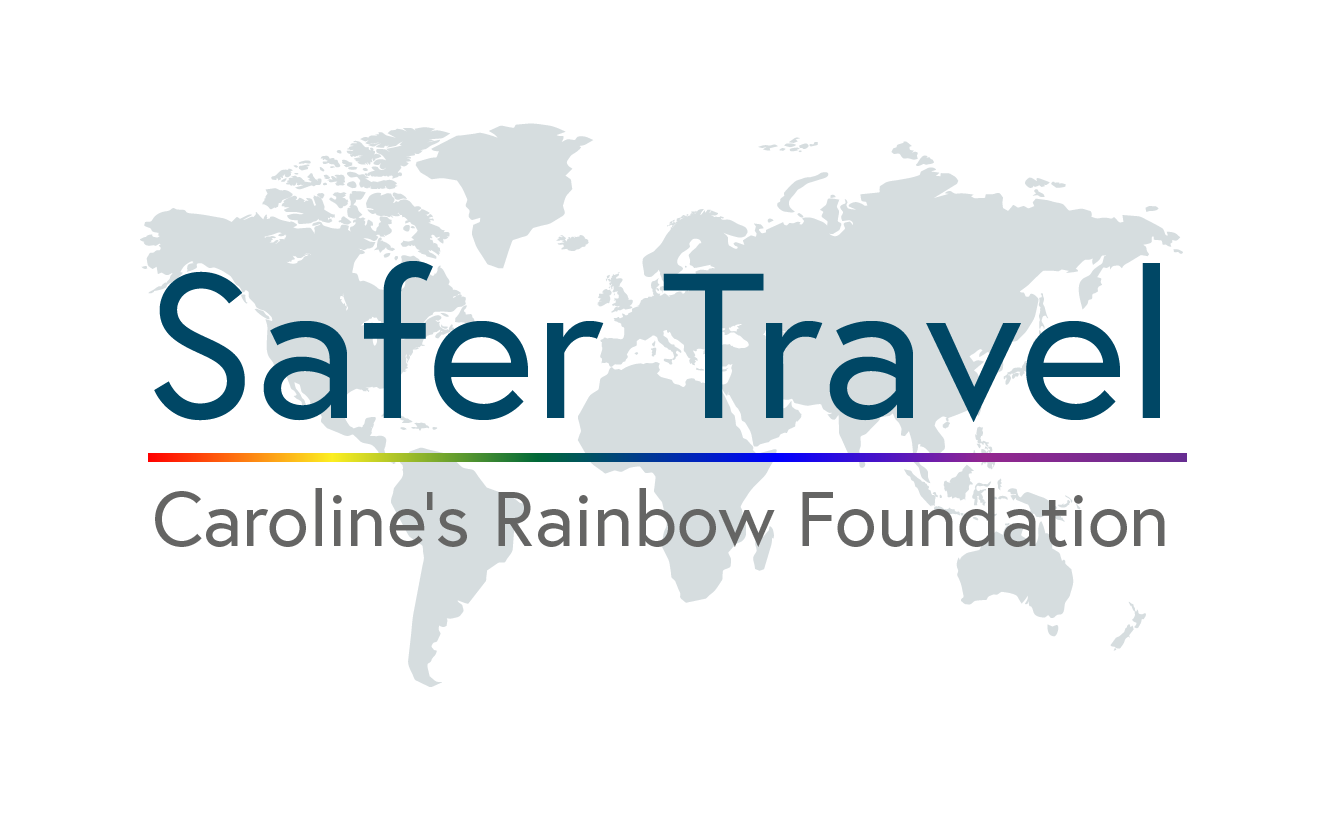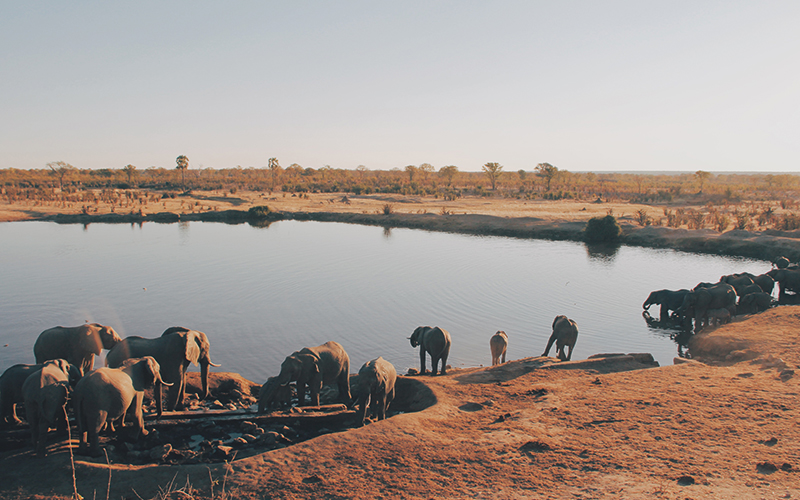What To Do If You Get Sick While In Developing Nations
An estimated 5% of the 72.8 million UK residents who travelled abroad in 2017 fell ill while overseas, according to data published by the Express and the Office for National Statistics. Of this population, 159,000 travellers filed medical treatment claims costing British insurers £201 million.
Despite the positive effects of travel on the country being visited and the joy of an authentic cultural experience on the part of the traveller, international travel puts people at risk of diseases. This risk is compounded by not knowing what to do when sickness strikes and when in a remote part of a developing nation where healthcare services are not accessible.

Medical and financial challenges
According to the Royal College of Physicians and Surgeons of Glasgow, there is evidence that travelling abroad has considerable economic and medical burden on travellers while they’re away from home and upon their return to the UK. As a countermeasure, consumer affairs expert Kevin Pratt advises Britons to get medical insurance and that those who get sick abroad should contact their insurers immediately for them to get the medical attention they need. For the uninsured, the British government encourages citizens to contact the embassy as soon as possible.
Hospitals in developing nations
With 147 out of 400 hospitals in developing nations lacking access to running water, hospital cleanliness in these areas are often questioned. In fact, the UN notes that 10 out of 100 patients hospitalised in developing countries acquire a healthcare-related infection due to an unclean environment. Clean hospitals are less likely to cause additional ailments to their patients since regular scrubbing and disinfection can prevent the spread of bacteria, viruses, and infectious diseases. In the event that you get sick while abroad, it is best to call your insurer before going to any hospital, according to Kevin McMullan, an insurance expert. In an interview with the Express, McMullan said, “Only five per cent of customers contact us before seeking medical attention. However, we can direct them to the most suitable doctor or hospital and guide them through the whole process.”
Practical advice
If you are uninsured and need to go to a hospital, it is important to call the embassy or consulate for advice. They will be able to direct you to the nearest hospital or provide assistance if you are in a remote area. The UK government also recently published a list of medical repatriation companies for travellers. Having a copy of this list will be useful in the event that you need medical evacuation. Aircraft used in medical evacuations have medical equipment and healthcare personnel on board.
Preparation is key
You should get the right amount of insurance and declare every pre-existing conditions so that your insurer can help you better in the event that you get sick abroad. It is also important to visit your GP to get all the shots you need. Travelling to a developing country is an experience of a lifetime but apart from packing your suntan lotion, it is important that you arm yourself with knowledge about the health risks in your destination and address these risks before you even board your flight.
Written by Lucy Benson









